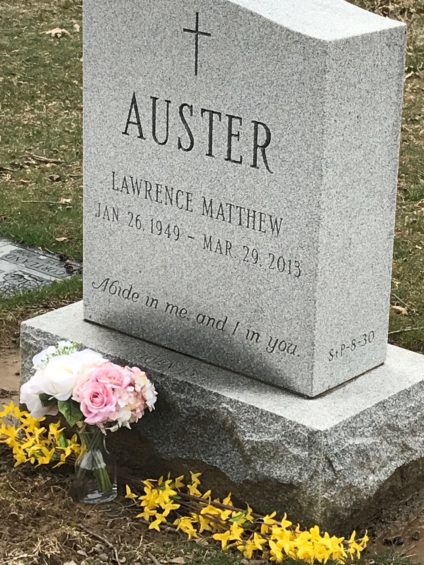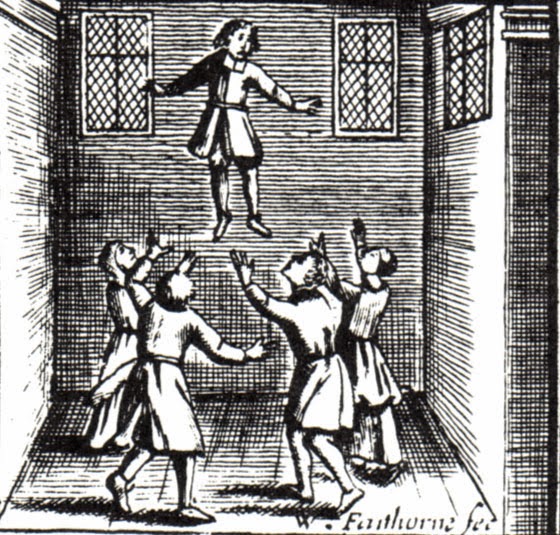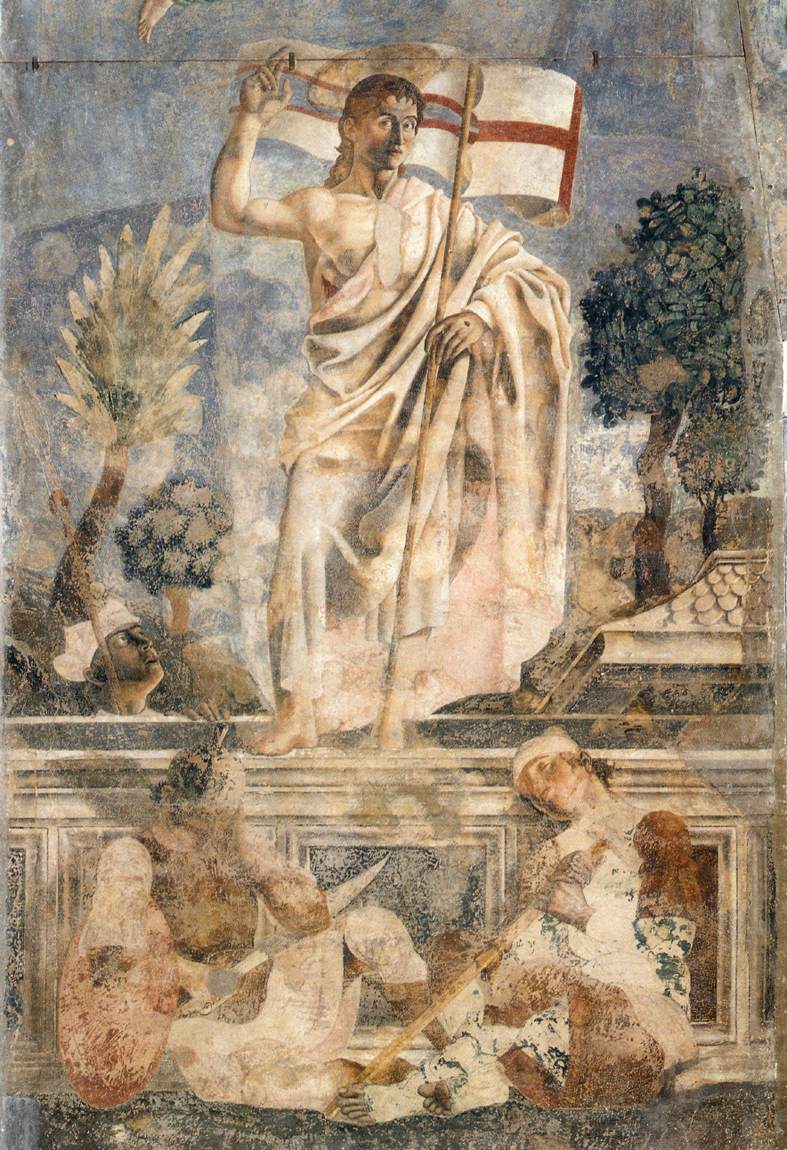
IN 1885, excavation of a building site on the Quirinal Hill in Rome uncovered an extraordinary remnant of the past. It was the Boxer at Rest, a life-size bronze statue from Ancient Greece, probably dating to the late fourth century, depicting a boxer resting between bouts. You can see him in this photo sitting on the earth at the excavation site and looking very much alive.
It was common then to uncover artifacts of antiquity underground — and any significant discoveries automatically belonged to the city of Rome — but this was far different from the typical find. One of the archaeologists working on the site recalled the amazing discovery:
“I have witnessed, in my long career in the active field of archaeology, many discoveries; I have experienced surprise after surprise; I have sometimes and most unexpectedly met with real masterpieces; but I have never felt such an extraordinary impression as the one created by the sight of this magnificent specimen of a semi-barbaric athlete, coming slowly out of the ground, as if awakening from a long repose after his gallant fights.”
I was fortunate to see this masterpiece when I went to the Palazzo Massimo museum in Rome this winter. I can attest to Rodolfo Lanciani’s impression. This is one of the most powerful and unforgettable of sculptures. When walking into the room in which it is displayed, one can’t help but be taken aback, as if one is in the presence of a living person, though from 2,400 years ago. The boxer, with blood on his head and leg, one eye bruised, is seated with his arms resting on his knees and his head tilted upward, as athletes who have just been through some great exertion often do to catch their breath. The statue probably once included eyes in stone but they are now gone. As the Metropolitan Museum of Art described it:
The boxer is represented just after a match. His muscular body and full beard are those of a mature athlete, and his thick neck, lanky legs, and long arms are well suited to the sport. His face exhibits bruises and cuts. His lips are sunken as though his teeth have been pushed in or knocked out. His broken nose and cauliflower ears are common conditions of boxers, probably the result of previous fights, but the way he is breathing through his mouth and the bloody cuts to his ears and face make clear the damage inflicted by his most recent opponent. The muscles of his arms and legs are tense as though, despite the exhaustion of competition, he is ready to spring up and face the next combatant.

The way he is sitting — as if poised to jump up again — suggests resilience, determination and intense preparation. Judging from his exhaustion, whomever this boxer’s opponent was, he wasn’t going to give up easily either. And that is what is inspiring — this boxer will continue until he has nothing left. He has given everything for this revered ancient sport and it isn’t just a game.

I thought of this sculpture today when visiting the grave of the writer Lawrence Auster, friend and colleague who died of pancreatic cancer five years ago today, in the early morning hours of Good Friday, 2013 and is buried at Sts. Peter and Paul Cemetery in Springfield, Pennsylvania. I thought of it not just because Mr. Auster admired Ancient Greek culture and would probably have liked this statue very much, but because he too was a tireless fighter. He could certainly throw a punch, not in the boxing ring but in the arena of cultural warfare, and he could get up again, even after he was beaten. Years of intense study had prepared him for battle.
That preparation is over. He too is now a boxer at rest.
But we can still appreciate, and participate in, the fight. Mr. Auster’s work is available as always at his website, View from the Right, much of it as timely as ever, and will be published in book form soon.
I hope others will be inspired by his combativeness for many years to come.
May his friends never forget his efforts. And may his soul, through the mercy of God, rest in peace.

(more…)








